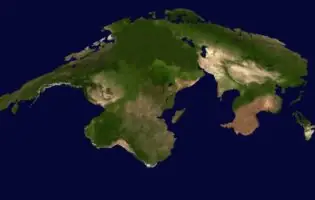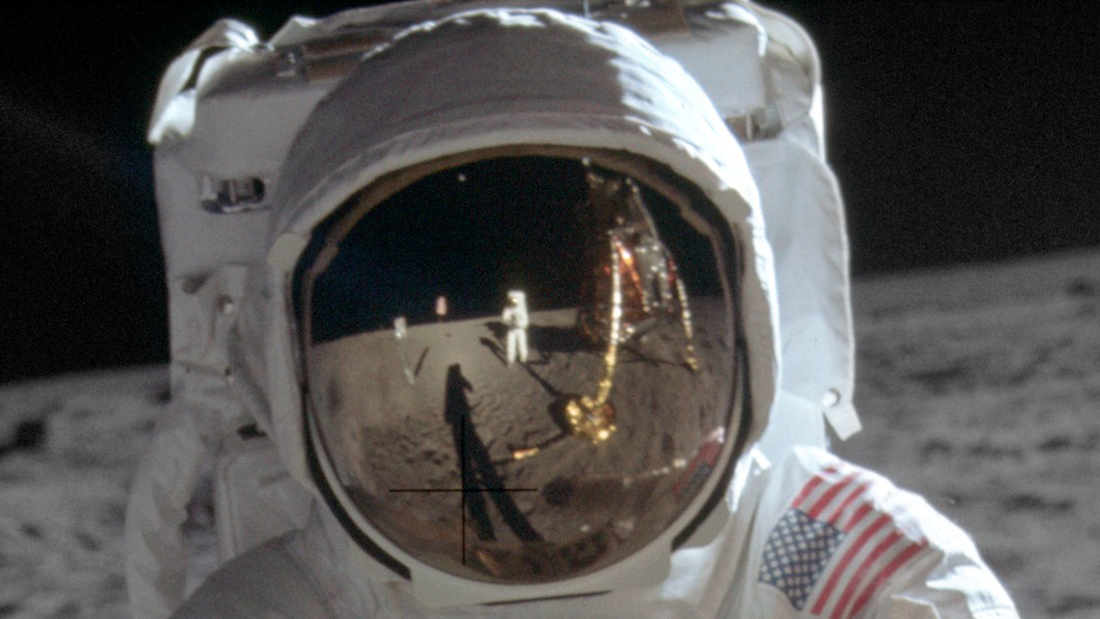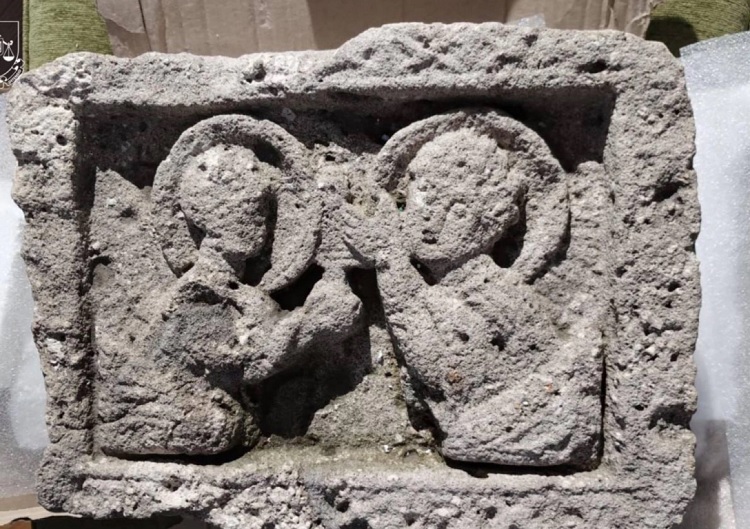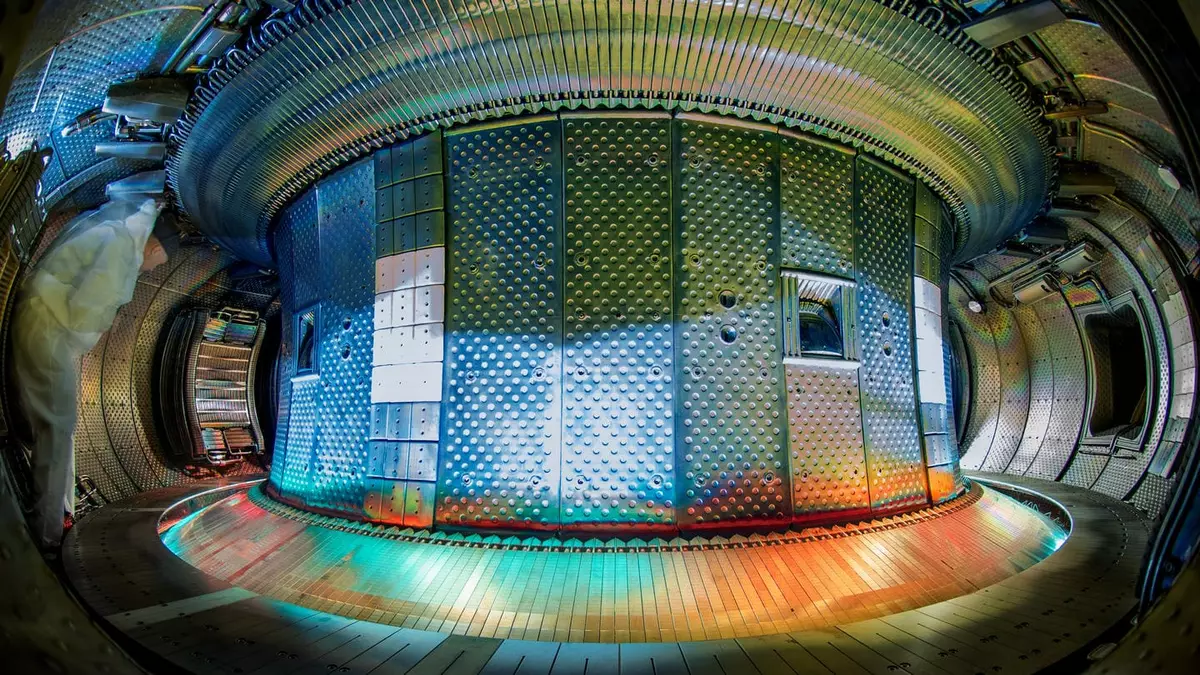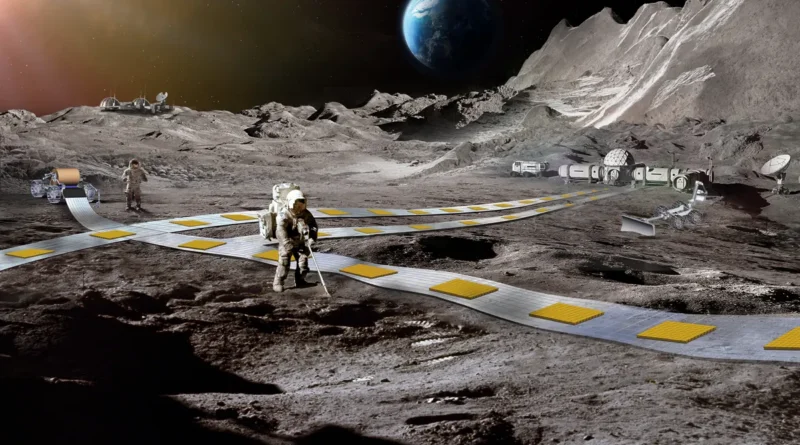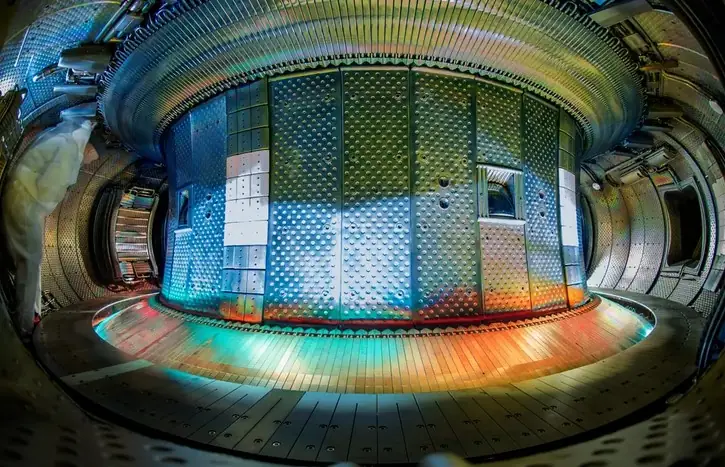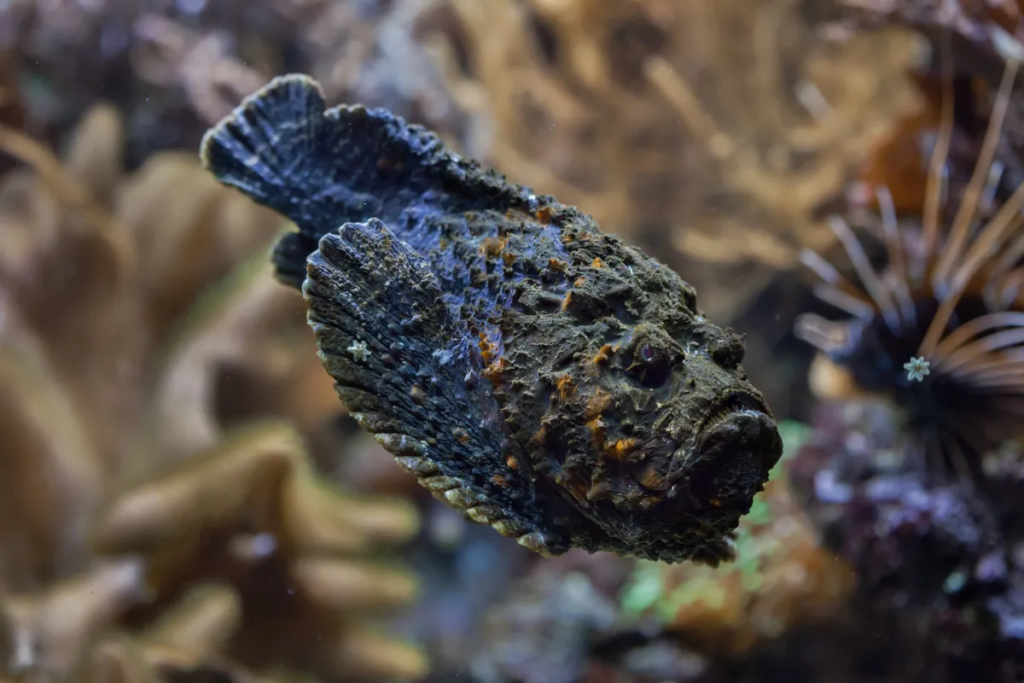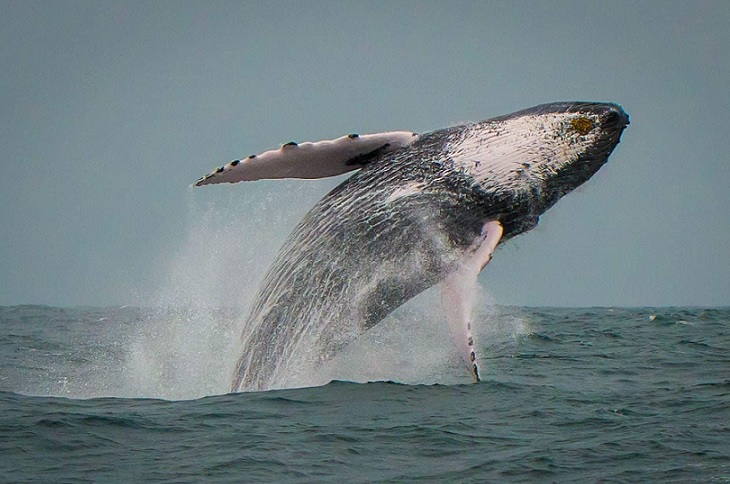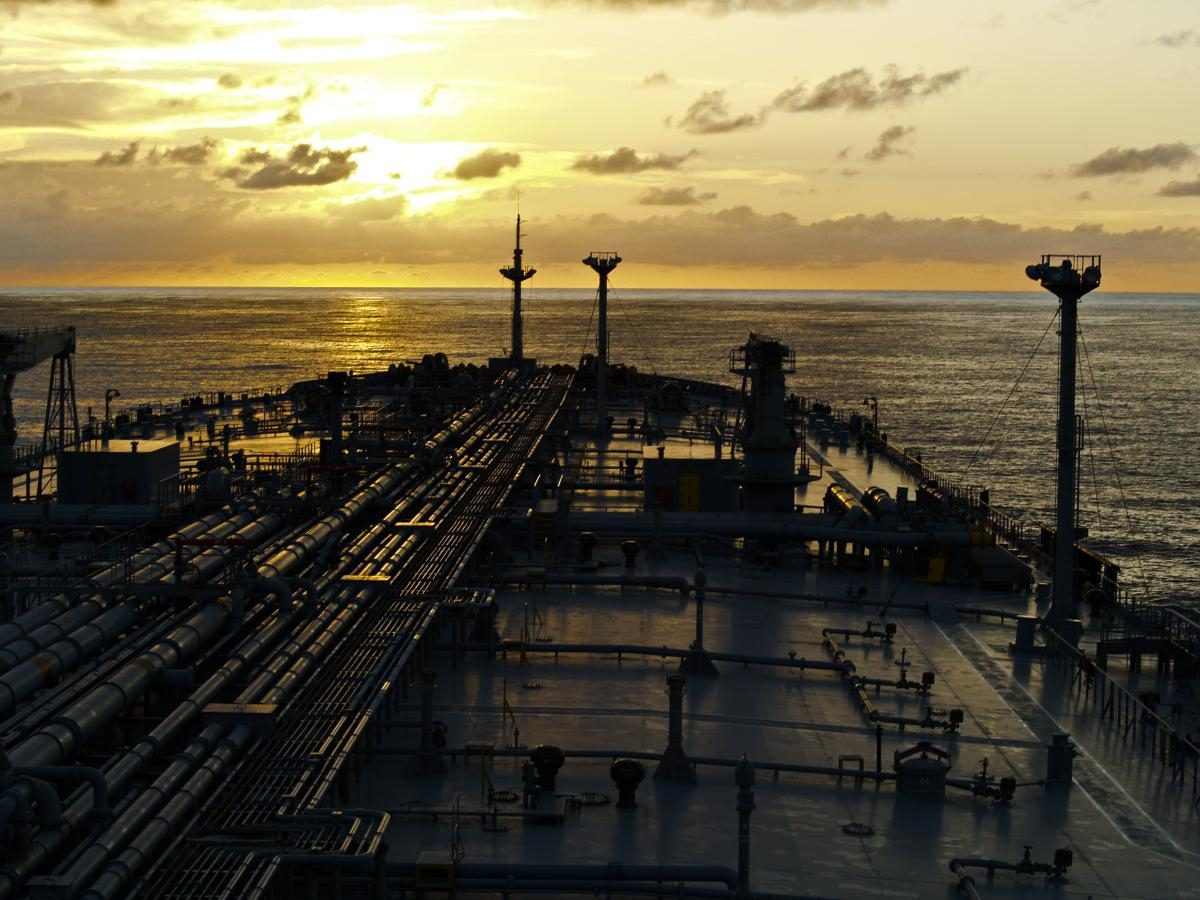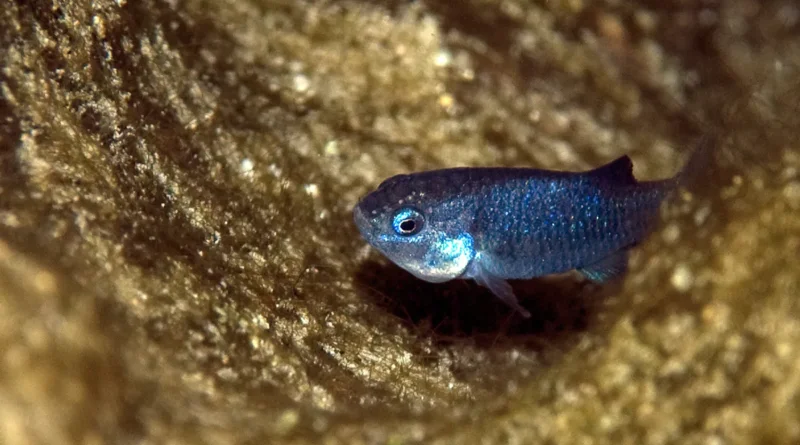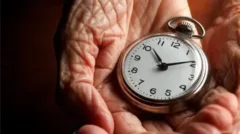Films and TV shows give the impression of space stations as an aseptically clean environment. But wherever there are people, there are all the bacteria we bring with us. Bacteria have found their niches on the International Space Station (ISS), and since they can evolve quite quickly, one species of bacteria has been observed to diverge from its terrestrial counterparts.
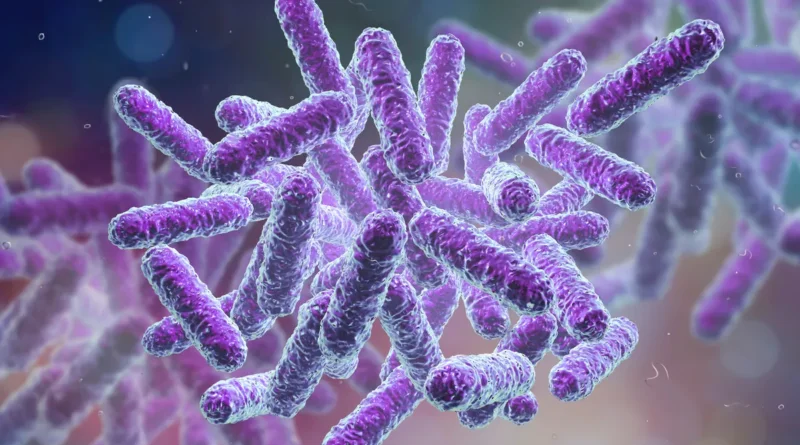
The bacteria in question are strains of Enterobacter bugandensis. It is an opportunistic pathogen, which means that it can only cause disease if the host's body is already "disrupted," for example, if it is already fighting an illness or if it has a weakened immune system. The bacterium is known for its multi-drug resistance, which means that multiple courses of antibiotic treatment are no longer effective against it. Therefore, it is important to understand how this bacterium behaves in orbit.
In 2018, five strains of this bacterium were discovered on the ISS, and new work reports the existence of 13 strains on the space station. Although preliminary analysis showed similarities, more in-depth genetic work suggests that under the stress of such a unique environment, the ISS strains could have mutated in different ways to become both genetically and functionally different from the E. bugandensis we find on Earth.
"We identified certain genes from our study that are present exclusively in organisms associated with the ISS, but not in their terrestrial counterparts," the authors write in the article.
Understanding how bacteria develop in space is important for protecting the health of astronauts, as well as for developing alternative approaches to combat these pathogens. In the case of these emerging strains, their adaptation to microgravity may hide their Achilles' heel.
"These genes could potentially serve as valuable targets for therapeutics against pathogens in the unique environment of the ISS," the authors continue.
The research team acknowledges some limitations in the genetic analysis, so they cannot say without a doubt that these strains are what they are because of space and space alone. Nevertheless, there is a lot of convincing evidence, and it even shows how these strains are integrated into communities of many different bacteria, some of which are also opportunistic pathogens resistant to many drugs.
Such coexistence may be another factor that helped organisms successfully find their niches in the low gravity, high radiation, and high carbon dioxide conditions of the ISS.


 110
110

